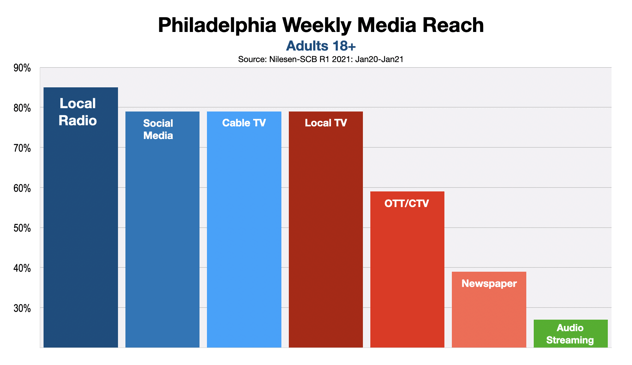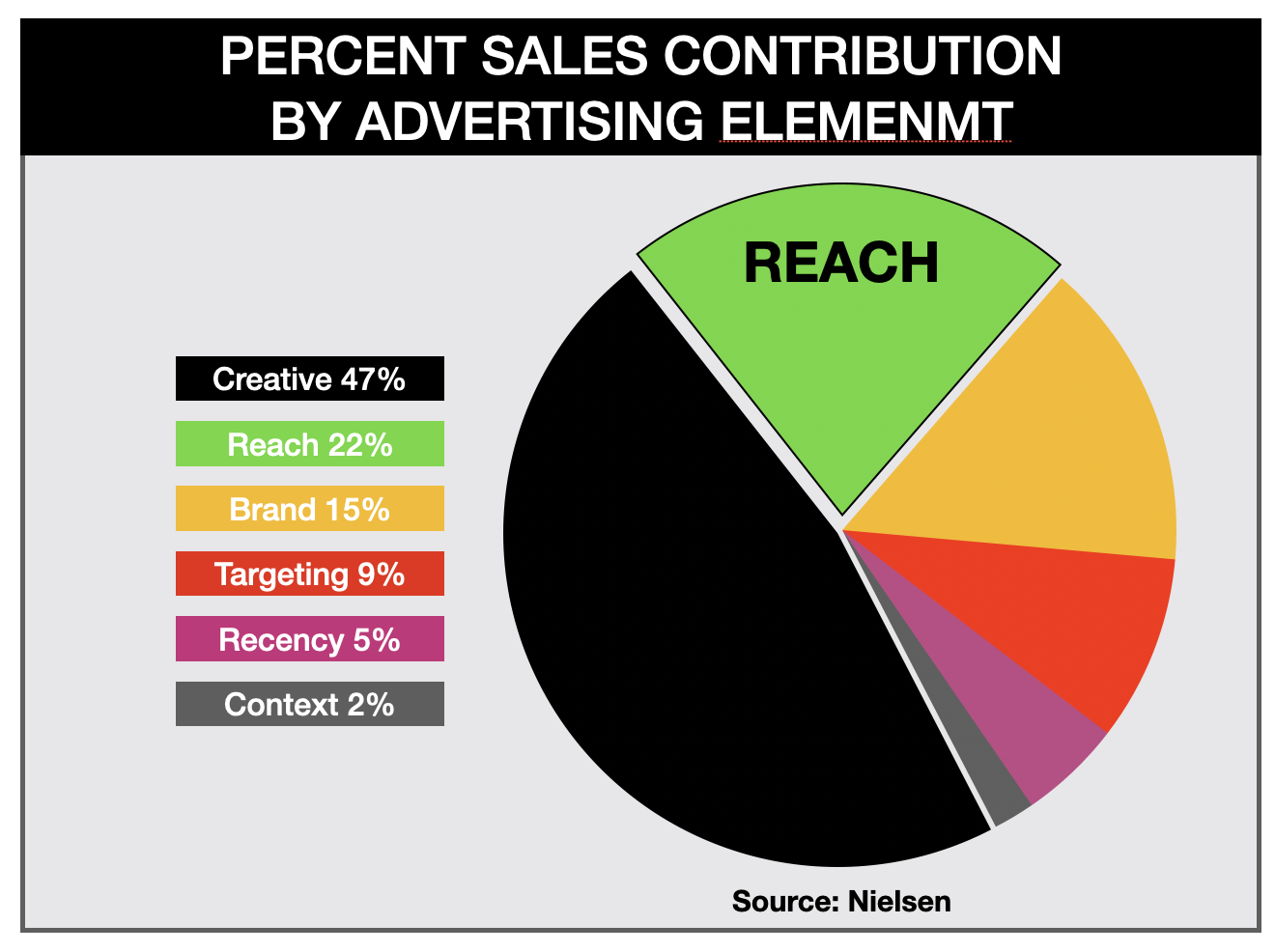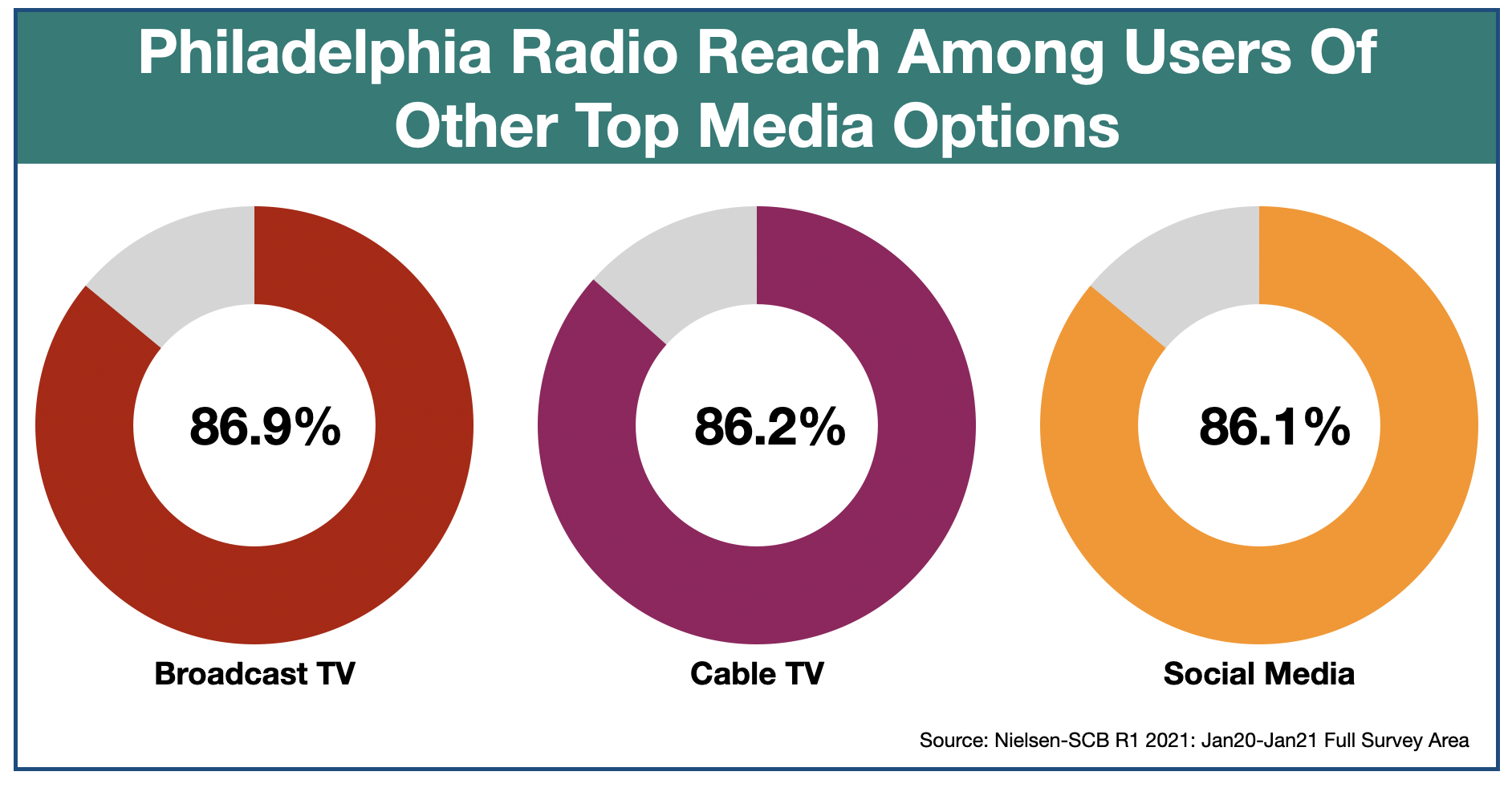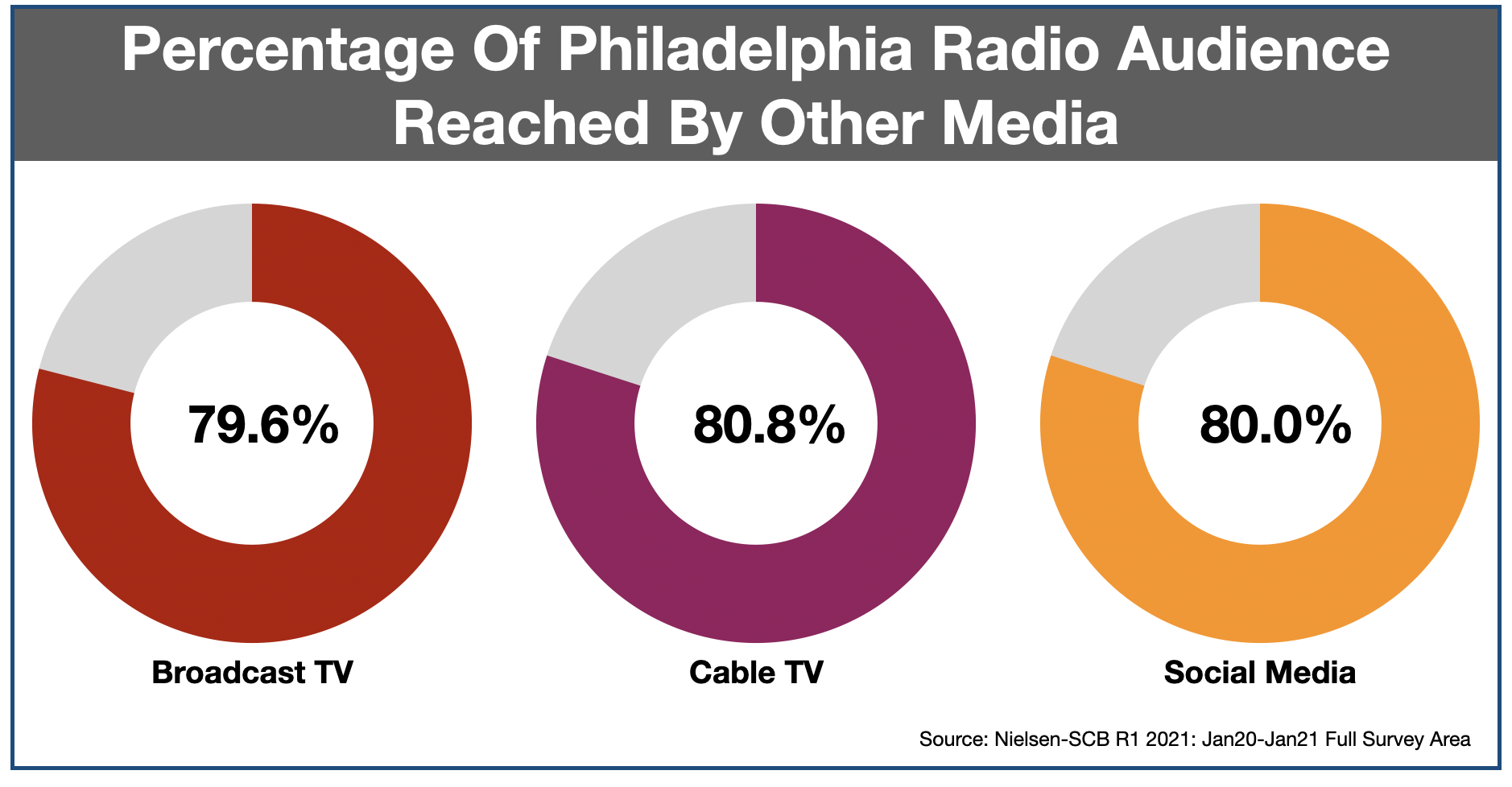 To maximize success, every Delaware Valley business owner needs to advertise.
To maximize success, every Delaware Valley business owner needs to advertise.
"Think you have a great product?" asks the US Small Business Administration. "Unfortunately, no one’s going to know about it unless you advertise.”
The SBA goes on to say, “Advertising, if done correctly, can do wonders for your product sales, and you know what that means: more revenue and more success for your business.”
According to the US Census Bureau, there are 230,328 small businesses in the Philadelphia area. This geography includes Philadelphia, Camden, Wilmington, and every point in between. Most of these diminutive companies have limited dollars to invest in advertising.
Advertising successfully in Philadelphia is achievable, though, with a small budget if the available funds are invested wisely. Oftentimes, this means selecting one medium rather than spreading money over several.
So which medium makes the most sense for small business owners with limited budgets? By most key advertising metrics, advertising on Philadelphia radio is the best option.
Consumer Reach
Every week, according to Nielsen, 3.6 million adult consumers tune-in to a Philadelphia radio station. This is significantly more people than are reached by all other local advertising options, including TV, cable, streaming video, streaming audio, social media, and newspapers.
Reach, according to Nielsen, contributes more to the success of a radio campaign than all other media considerations. Only the message itself has a greater effect.
There are benefits for a local business owner to advertise on any of the top reaching options including Philadelphia TV, local cable, or social networks. Only radio, however, reaches the bulk of consumers who use those other media.
The reverse is not true, however. Philadelphia TV, cable, and social media reach a remarkably smaller share of local radio listeners.
In addition to superior reach among local consumers, local radio has proven to provide the strongest return-on-investment among all advertising options available to Philadelphia business owners.
Advertising Return-On-Investment
Over the past few years, Nielsen has conducted more than 20 studies to determine how many additional dollars in sales could be achieved for every dollar invested in radio advertising. On average, the businesses studied generate $10,000 in sales lift for every $1000 spent. The ROI, therefore, was of 10-to-1.

Between April 30 and May 27 of last year, the darkest days of the pandemic, Nielsen analyzed the sales results of a retailer who conducted an advertising campaign during that period using both radio and TV.*
According to Nielsen, the retailer experienced a 6.2% increase in sales growth during the campaign period. The majority of the increase came from households where consumers were exposed to the advertising campaign.
According to Nielsen, people exposed to only the retailer's radio commercials represented only 20% of all advertising impressions. However, these same consumers were responsible for 42% of the sales increases.
Here is the bottom line of this study. The retailer earned a $28,000 increase in sales for every $1000 spent. A 28-to-1 return-on-advertising-investment.
AdAge, a trade magazine for advertising professionals, calls these types of returns "eye-popping." The magazine goes on to say radio's ROI is superior to commercials on TV, online, and social media.
What drives radio advertising's exceptional ROI is listener engagement.
Consumer Engagement
According to a new study from the Journal of Advertising Research, audiences in 2020 are more than twice as likely to stick with the radio station they are tuned to during commercials than they were nine years ago.
In the current study, the authors combined portable people-meter data ratings to measure loss of audience during advertising. They discovered a new benchmark of 3% for avoidance of radio advertising.
In other words, 97% of consumers stay glued to the station they are listening to during a commercial break.
More importantly, consumers who hear radio commercials respond to advertising messages.
A study conducted this year by Edison Research and NPR found that 50% of consumers who were exposed to radio commercials indicated that they were compelled to gather more information about a company, product, or service. Thirty-six percent of listeners said they were convinced to buy a product after hearing a radio commercial.
To reiterate, if it is affordable, then Philadelphia small business owners should consider using multiple media as part of an advertising campaign. When budget is an issue, however, and there is only enough money available to utilize one local option, then radio is the best bet. Philadelphia radio provides superior reach, consumer engagement, and ROI.
*Study commissioned by Cumulus | Westwood One
More Advertising Advice For Philadelphia Small Business Owners
- Back To School Shopping: Philadelphia Businesses Expect Record Sales
- Advertising In Philadelphia: Five Amazing Facts About Local Radio
- How Often Are Philadelphia Consumers Online?
- Advertise On Philadelphia Radio: Still Best Option For Small Business
- Television Advertising In Philadelphia: Where Are The Viewers?








